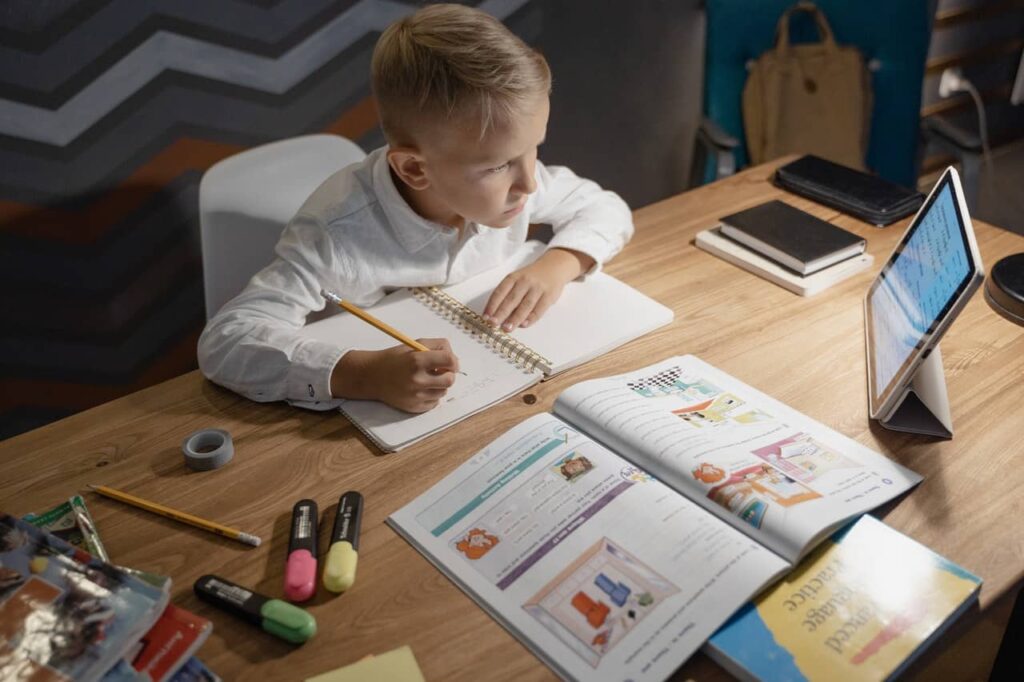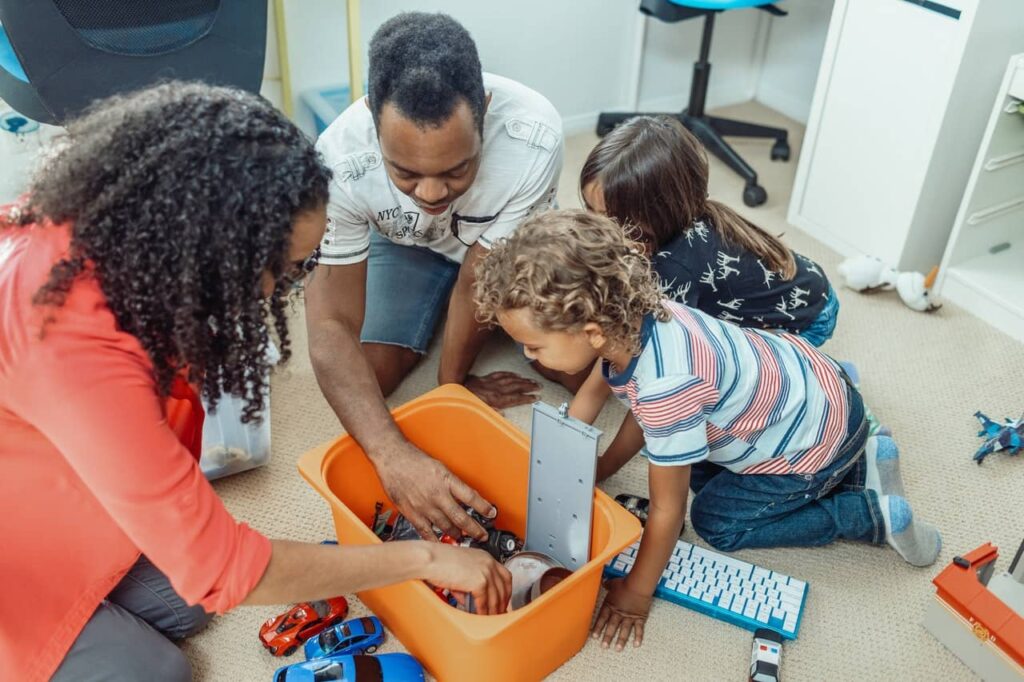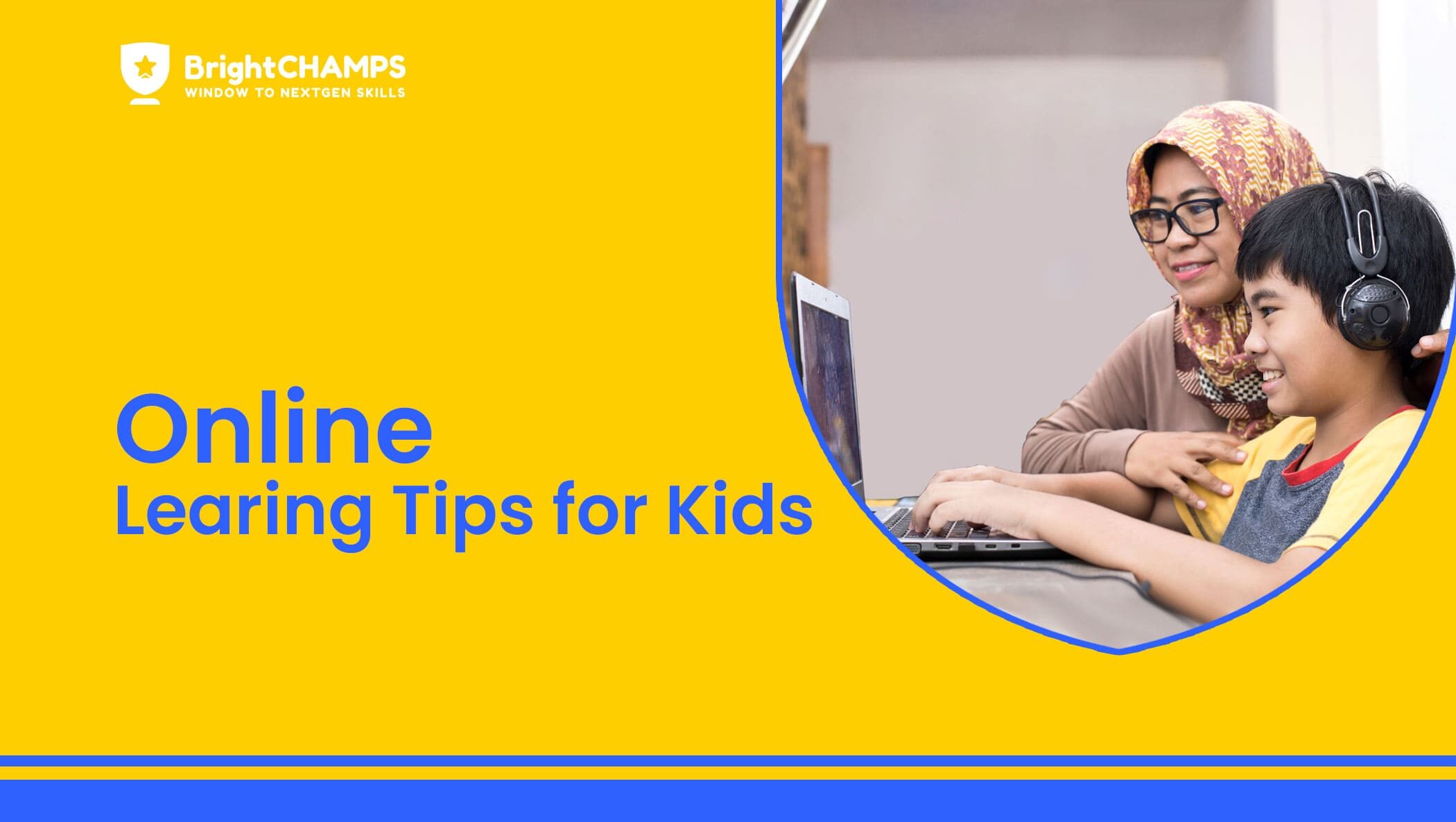Online learning, which most people believe only came into existence after the Covid-19 pandemic began, is actually not a new concept.
The idea has been floating around since before the internet was even a thing. The University of Toronto, believe it or not, offered the first completely online course in 1984.
However, when the pandemic struck in 2020 and schools were closed, this wave of online learning slammed down on both parents and children.
While some adapted quickly, others struggled to grasp the technicalities. Also, online learning proved to be quite disruptive in terms of routines as well as whether the child was receiving adequate knowledge.
It’s been almost two years, and online learning still seems foreign when we consider a child’s overall education. So, what are the options?
Because as a parent, all you want to do is make your child’s life better by providing them with a good education.
So how can you do this when they are not physically attending school and are learning online?
This blog will discuss how you, as a parent, can assist your child with online learning.
10 Ways Parents can Help Their Kids amidst Online Learning
1. Make a Routine
Setting up a routine is one of the first things parents can do to help their children adjust to online learning.
One of the most important aspects that children miss out on is not having a proper schedule because, in school, you have a schedule, a timetable for everything that keeps what you learn throughout the day organized.

Making a routine from waking up to going to bed will structure the child’s day and eventually create a discipline around online learning.
Make sure the routine is flexible and does not consist solely of academics; include game time, reading time, fun time, and so on so that the child is always excited about the day.
2. Stay in Touch With the School
You may know a few things, but you will never be able to replace your child’s teacher because teachers are professionals who have been trained and have enough experience to guide a child through the various stages of learning.
If your child is enrolled in online learning, it is critical that you maintain regular contact with their teachers.

It is critical that you are aware of the class schedule as well as the things that require technical assistance, which may necessitate your attention.
If your children required your undivided attention at school, it is doubled with online learning necessitates.
3. Workstation
Giving the children their own workspace is one of the most fundamental and important aspects of online learning. It is critical that they have a dedicated learning space.
A dedicated space allows you to focus, mentally shifts you into work mode, and reduces distractions, which increases productivity.

This also implies that their schoolwork has a home and that when they sit in their space, it is all about learning.
This aids in bringing the routine to life and instilling discipline, resulting in fewer distractions to a child’s learning.
4. Activities Together
Online learning may appear to be enjoyable, but it can quickly become tedious and exhausting if not done properly because a kid is neither receiving a full school experience nor fully enjoying the home life.
This is the time when you can plan and participate in more activities with your children.

It can be as simple as playing board games or video games during the day, or it can also be taking a walk around the park, going to the mall, watching a movie, and so on.
Ask your children what they want to do during this time; having them involved in a fun-filled activity other than their routine can help them de-stress and re-energize.
5. Upskill
This is one of the best ways to ensure that your child is not behind just because they’re not attending school. Enrolling your child in upskilling classes can bring out a lot of their personality.
They’ll continue to learn academic material through online classes while also gaining new skills from other sources.

Online coding classes for kids, music classes, dance classes, and so on are some of the best upskilling classes for kids.
6. Have Open Conversations
According to UNICEF’s Global Chief of Education, Robert Jenkins, parents should encourage their children to ask questions and express their feelings to them.
When children were diverted to remote learning at the start of the pandemic, he said that each child would react differently to stress, so parents should be patient and understanding.

Having open conversations with your child can reduce your stress as well as his or her.
Because stress has a direct impact on a child’s academic performance or learning, less stress promotes more efficient learning.
7. Digital Protection
Children will have greater access to computers and the internet as a result of online learning.
And it is an undeniable fact that the internet can be as harmful to us as it is beneficial.
And this occurs when one is unaware of the complexities of certain things, and because children have a limited understanding of the dangers of the internet, it is critical that parents monitor and censor their children’s internet use at all times.

Increased online access raises concerns about children’s safety, protection, and privacy.
Talk about what proper behavior on the platforms they use should look like, educate them about the usage of the internet as much as you can.
8. Have a Learning Session
Create your own session with your child in addition to the regular academic session.
These sessions can consist solely of homework, reading, or normal study sessions. Begin with shorter learning sessions and gradually increase the time period.

If you want to do a 30- or 45-minute session, start with 10 minutes and work your way up. You can also combine online or screen time with offline activities or exercises within a session.
9. Reward for Good Work
While many people debate if rewarding a child for a task they perform which they are supposed to do is a good idea or not, it certainly is helpful.
To balance online learning in the home, try this method whenever you notice your child pushing things forward rather than finishing them.

This motivates the child to complete a task, complete homework, or attend a session even when they are not in the mood to do so.
Rewarding your child with their favorite game, free time, or favorite food for completing a task is a useful tool in times of crisis.
10. Lead by example
Even the strongest humans have been perplexed by a situation like the Covid-19 pandemic.
With so many abrupt changes in our lives, it was one of the most unprecedented situations in modern times. In times like these, it is more important than ever for parents to set a good example.

Because children do not know how to respond to certain situations, how to handle stressful situations, or how to express themselves, it is critical that parents present a positive outlook.
Show children the importance of having faith, and try to have more open conversations all the while you follow routines and go about your life.
Conclusion
Online learning has undoubtedly arrived like a knight in shining armor in a time of need, but it is critical that parents do not misinterpret it as the same as traditional education.
It is difficult for both parents and children to adjust to the norms of online learning, but it is possible.
With a little help and guidance from their parents, a child’s home can become a healthy and fruitful learning center.

BrightChamps has come forward to bridge the learning gap left by the K12 education system on teaching children key life skills in the midst of the wave of online learning and the slow change in the education system. We are bringing key future skills to students through specially designed courses on coding and financial literacy taught by some of the world’s best minds from top-tier institutes such as IITs and IIMs.


 We are an army of educators and passionate learners from BrightChamps family, committed to providing free learning resources to kids, parents & students.
We are an army of educators and passionate learners from BrightChamps family, committed to providing free learning resources to kids, parents & students.
















